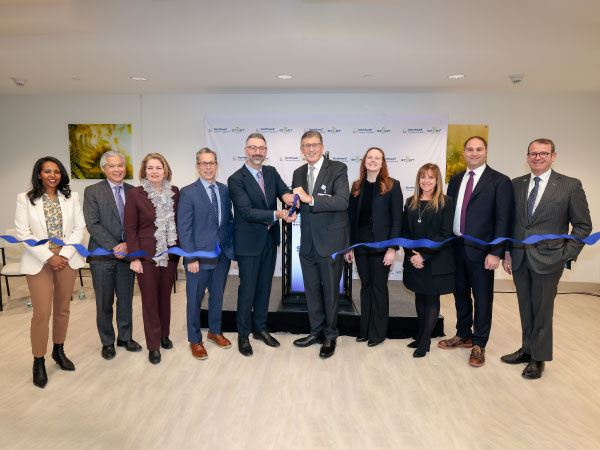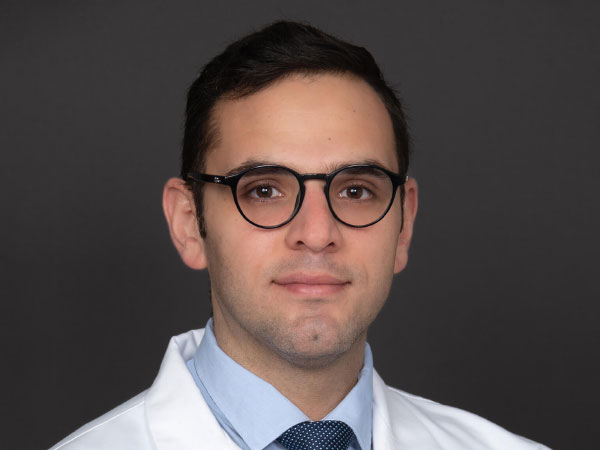The ongoing, open-label, single-arm, pivotal phase II FIREFLY-1 clinical trial, evaluating DAY101 (tovorafenib) as once-weekly monotherapy in patients aged 6 months to 25 years with relapsed or progressive pediatric low-grade glioma, yielded positive initial data from the first 22 patients enrolled.
To access this subscriber-only content please log in or subscribe.
If your institution has a site license, log in with IP-login or register for a sponsored account.*
*Not all site licenses are enrolled in sponsored accounts.
Login Subscribe
If your institution has a site license, log in with IP-login or register for a sponsored account.*
*Not all site licenses are enrolled in sponsored accounts.
Login Subscribe









